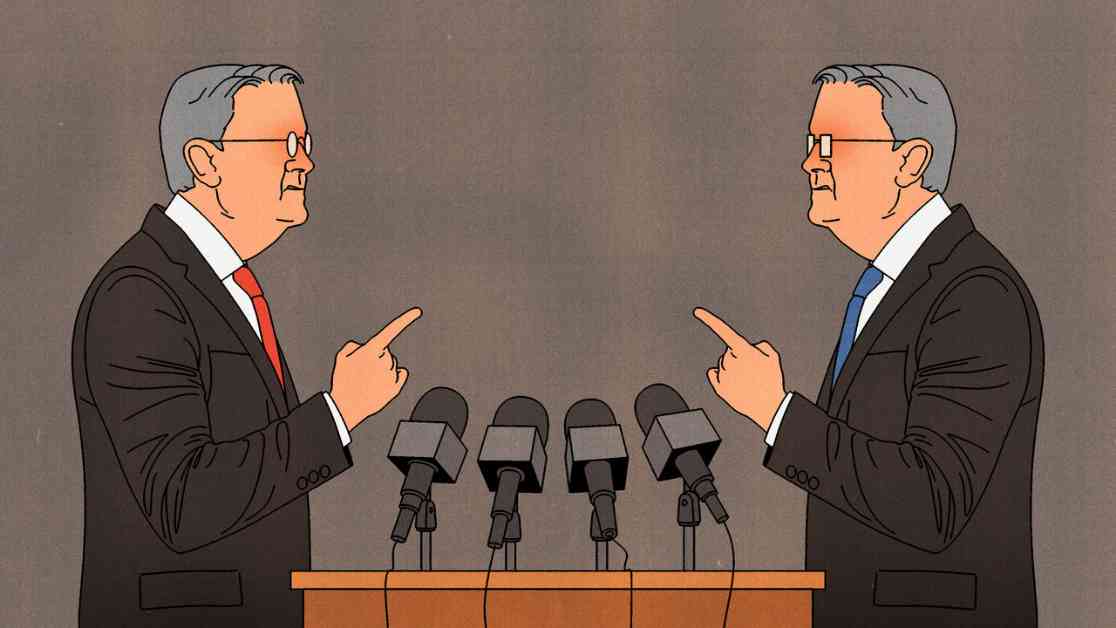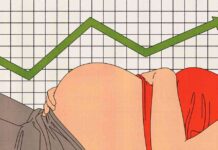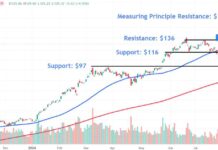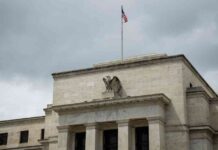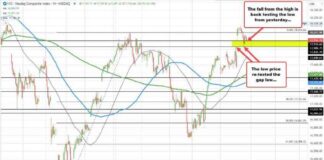Jerome Powell, the chairman of the Federal Reserve, has been known for his steady leadership. However, his recent decision to keep interest rates at 5.25-5.5% on July 31st raised concerns. This announcement was quickly followed by disappointing employment data, causing global markets to plummet as investors feared that the Fed was not keeping up with the pace of the economy.
Central bankers play a crucial role in managing a country’s economy by setting interest rates and controlling the money supply. Their decisions can have far-reaching effects on inflation, employment, and overall economic growth. Powell’s decision to maintain interest rates despite weak economic indicators sparked a debate among economists and policymakers about the pros and cons of his approach.
On one hand, some argue that Powell’s decision to hold interest rates steady shows his commitment to maintaining economic stability. By keeping rates unchanged, he is signaling confidence in the current state of the economy and avoiding unnecessary disruptions that could harm businesses and consumers. This approach can help prevent inflation from spiraling out of control and ensure that the economy continues to grow at a sustainable pace.
However, others believe that Powell’s reluctance to lower interest rates in response to weakening economic data could have negative consequences. Lowering interest rates could stimulate borrowing and spending, boosting economic activity and potentially preventing a recession. By keeping rates high, Powell may be missing an opportunity to support the economy and mitigate the impact of a potential downturn.
The debate over central bankers’ public arguments highlights the complex nature of monetary policy and the challenges faced by policymakers in navigating economic uncertainties. While some may view Powell’s decision as a prudent move to maintain stability, others may criticize it as a missed opportunity to stimulate growth.
In the end, the effectiveness of central bankers’ decisions depends on a variety of factors, including the state of the economy, inflationary pressures, and global economic conditions. As Powell’s tenure at the Federal Reserve continues, it will be important to monitor how his decisions impact the economy and whether adjustments are needed to ensure long-term economic health.
